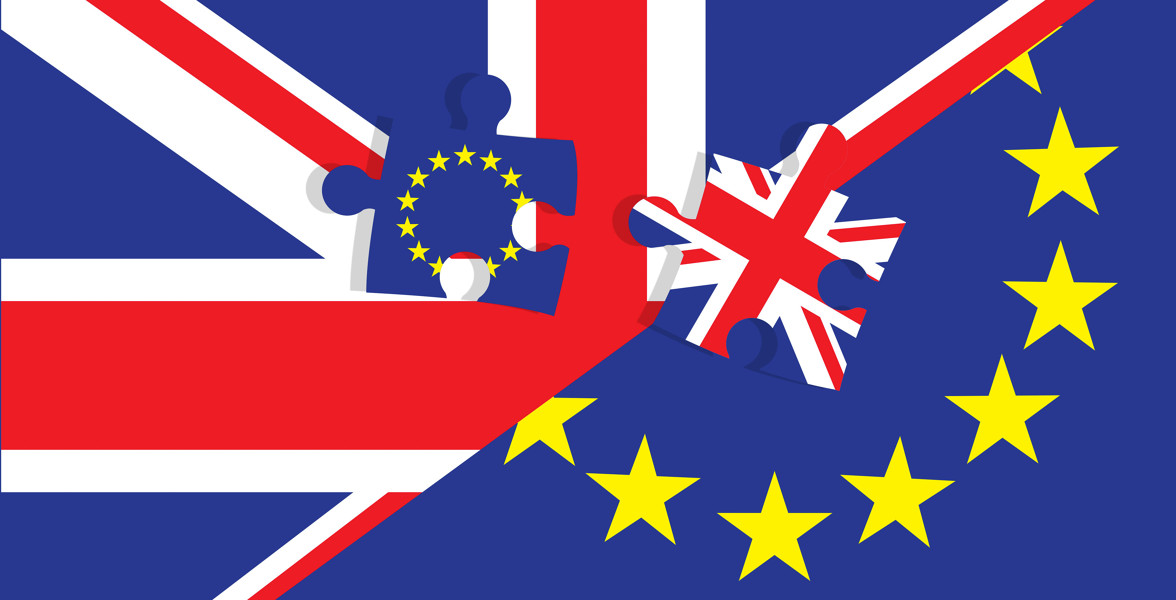Since the Brexit referendum of June 2016, there has been an extensive debate within the field of Intellectual Property whether the United Kingdom could still participate in the Unitary Patent post-Brexit, as the Unitary Patent would always be subject to EU law on many levels.
Suprisingly, under Theresa May, the UK ratified the Unitary Patent Court Agreement (UPCA) in April of 2018; an important step towards participation. However, the administration of Boris Johnson has now clarified that the UK will not be participating in the Unitary Patent.
A spokesman of the UK Government told IP Magazine IAM earlier this week:
"I can confirm that the UK will not be seeking involvement in the UP/UPC system. Participating in a court that applies EU law and bound by the CJEU is inconsistent with our aims of becoming an independent self-governing nation. [...] Although the previous government led by Theresa May committed the UK to UPC membership, the new government under Boris Johnson has made clear time and again that it envisages a far looser relationship with the EU post-Brexit. As a consequence, it has taken a much harder line on CJEU jurisdiction. Basically, it does not want any in any form."
In view of the above, the debate on how to change the agreement to allow for post-Brexit participation are no longer relevant. The only remaining obstacle for the Unitary Patent seems to be the pending constitutional complaints in Germany. The first ruling of the German Federal Constitutional Court is expected in the course of this year.
The backing out of the UK of the Unitary Patent and the related agreements does not have any consequences for pending European patents which are validated in the UK. These will remain in force in the UK. Moreover, new European patents can still be validated in the UK via the old 'bundle system', even after the transitional period of the Brexit.
The Unitary Patent may become less attractive without the UK. After the Unitary Patent Court Agreement has entered into force, applicants with an interest in the UK will have the following options:
- validation of the European patent under the current system with validation in a selection of member states, including the UK;
- a mix of the current system and the Unitary system, in which the European patent, in addition to the Unitary effect, is validated separately in the UK; or
- a direct UK national filing.
Houd onze website in de gaten voor de laatste ontwikkelingen omtrent het Unitair octrooi en de Brexit. Zie ook ons dossier over dit onderwerp. Heeft u nog vragen? Neem dan contact op met één van onze adviseurs.
Please check our website to keep up to date with the latest developments regarding the Unitary patent. Please also check our file on this subject. If you have any questions, please do not hesitate to contact one of our advisors.
